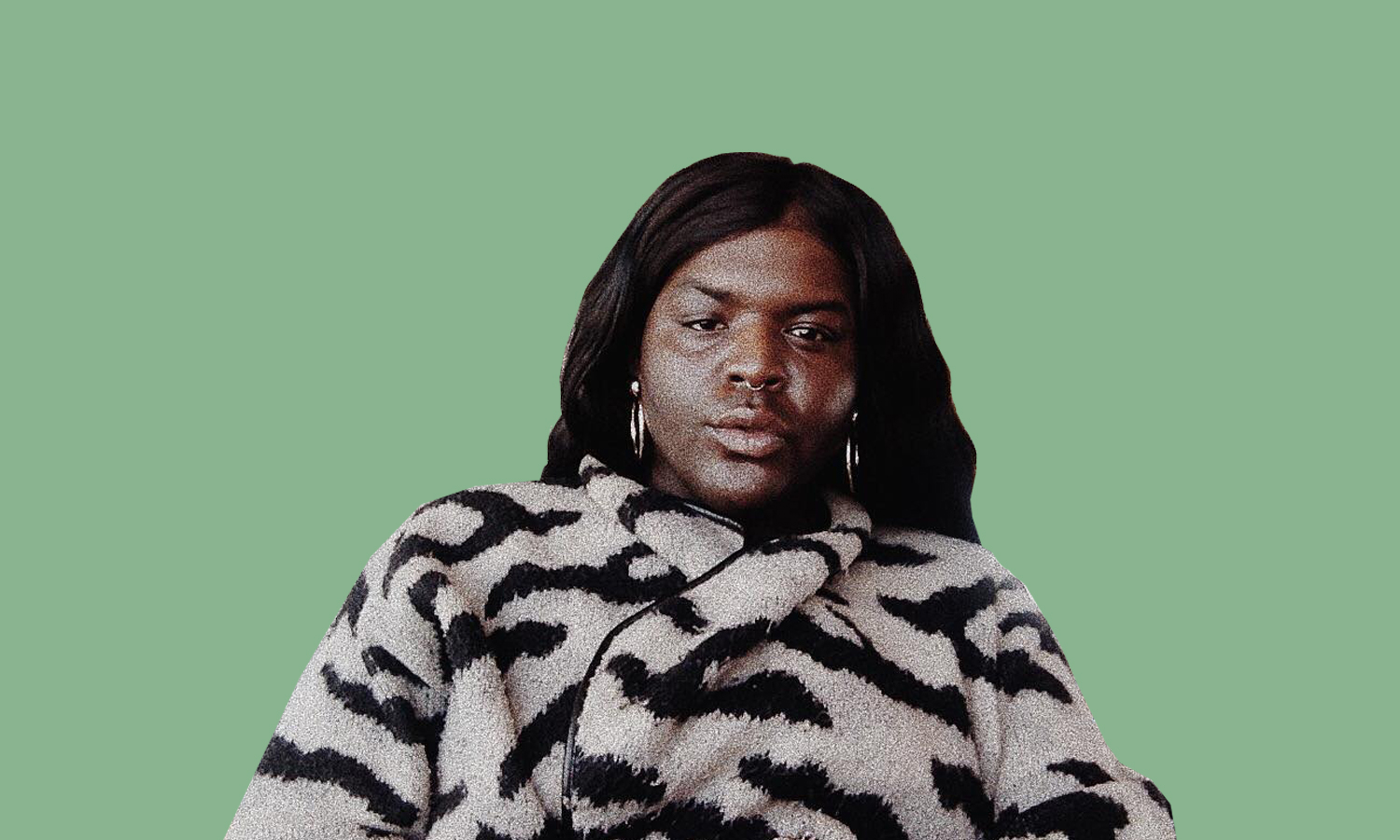To celebrate the launch of Maison Margiela’s Mutiny fragrance, we’re spotlighting the voices and talents of bold iconoclasts. Through their creative endeavours and by speaking out on the issues that matter to them, this group are challenging archaic norms and exploring diverse concepts of identity.
Born in Atlanta before moving to Brooklyn to make her mark on the city’s art scene, she’s been waiting for the wider world to catch up with her brilliance. Through her ongoing documentary work, she’s an advocate for minorities within minorities, and has highlighted the rights of black, disabled and HIV-positive queer people in a space that permeates the wider conversation with a palpably white and able-bodied approach. But her artistry extends way beyond documentary work: this year, Ryan Murphy roped her in to make an appearance in his ballroom series Pose, and she became a staple component of the front row at New York Fashion Week too.
But she’s aware that you don’t get here without knowing you’re an anomaly who can use their voice to make change. In her conversation with i-D, tied to beauty, self-scrutiny and her mere existence being subversive, Fatima Jamal shows us why women like her are the ones we should always be paying attention to.
First off: in 2019, where do we find rebellion in beauty?
Personally, I find rebellion in mirror work and self-expression. I begin here because the beauty industry is so fixed on producing ideals of it that are often damaging, unattainable and overproduced, whereas I’m invested in beauty that considers value in a deepening relationship with the mind, body and soul. I prefer the kind that’s confrontational; that has depth — not typical or the terrible standard of being white, thin, affluent, able-bodied and cisgender. That’s where rebellion exists.
Were you an outspoken child?
I was! My mouth, as my mother would argue, used to get me into so much trouble. My outspokenness as a child was very different from what feels like actualising my voice as an adult. When I was younger, I was mouthy about the things that youth are vocal about — perhaps wanting to do this or do that; wanting to go here or there. At other times, it was about curiosities and truth telling, especially concerning my whereabouts after school, which my mum never trusted!
In your work as an interdisciplinary artist, how do you approach each of your creative ventures?
My work as an artist is emerging as I attempt to make sense of my life, my experiences and my feelings. I don’t know if there is a certain hat I have to put on for each role, as each practice informs the other and they often feel entangled. My desire for each is produced by my ambition to learn, express myself, and to create by any means necessary. My work is asking me to grow, and I’m ready to answer the call.
You’ve spoken in the past about being cat-called. Does your rebellious, proud stance on who you are ever feel like you’re opening yourself up to become ‘public property’ of sorts, and how do you choose to subvert that?
I will always be considered ‘public property’ of sorts for as long as I am black, trans, fat and a woman. I’m convinced that people feel entitled to my body for those reasons, based on their own assumptions about what it means to be those things — be it police, doctors, random trolls off the internet or people in person accosting me. Sometimes, I don’t know what to do with it other than be an artist and a human with much capacity to feel. It’s important for me to stay in my body as much as possible. Embodiment is critical.
Describe to us the part of yourself that you are most proud of.
My capacity to feel. I give gratitude for this daily because I never want to imagine what it means to be so disconnected from that. I’ve been crying a lot lately, but the blues of life have so much to teach us. I try my best to move through them because there is honestly no other way out.
Does self-scrutiny ever make us feel better about ourselves? Do you need to recognise flaws in order to embrace them fully?
I find value in self scrutiny as a method of seeing myself. And that, to me, is about a commitment to always exploring who I am as I grow and change. That helps to build confidence. Flaws don’t make us weak, they simply make us human. So, yes, recognise your flaws by all means, but don’t let them overcome you.
Do you think that, merely by existing, we as people can be disruptive?
Absolutely! Especially for marginalised people. It all depends on how you look at it — or who’s looking. For me, I could just walk out of my house and it be considered revolutionary or unruly by many. My confidence, my fat body, my audacious transness, and the respect that have for my personhood. It’s actually unsettling but it is what it is. It’s the price we pay.
